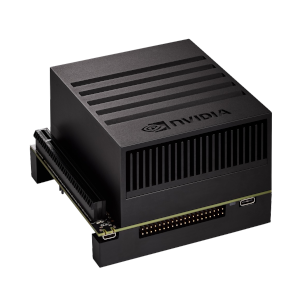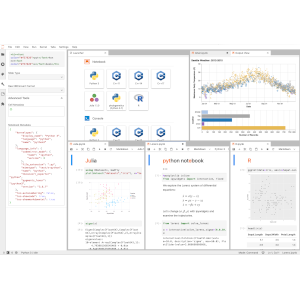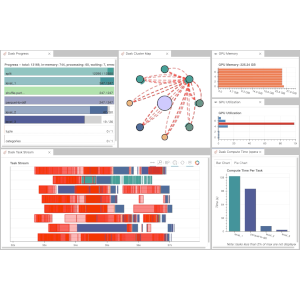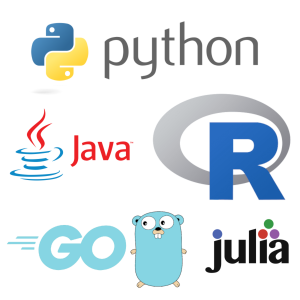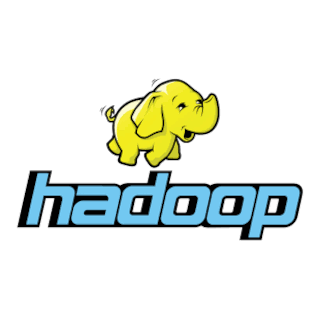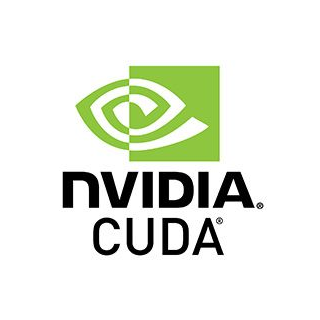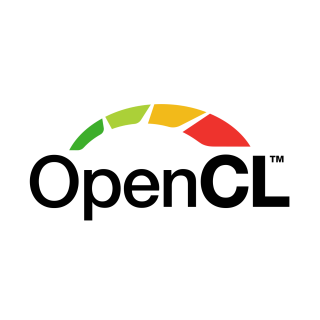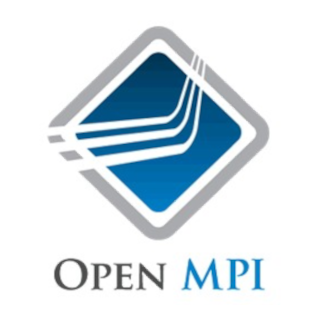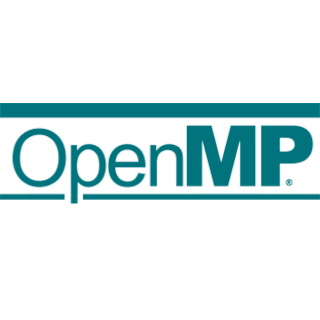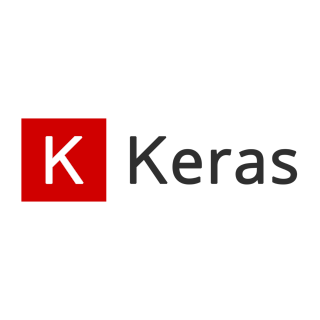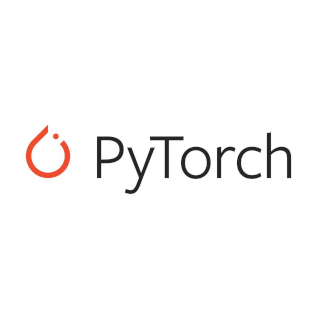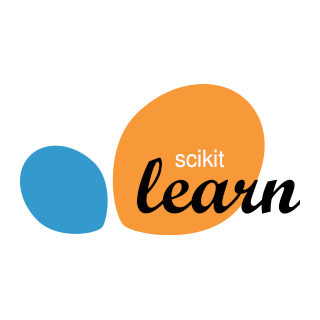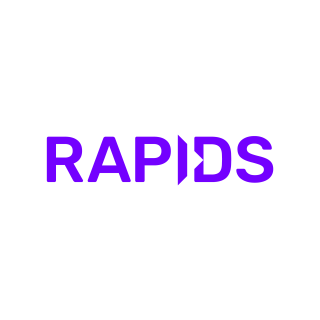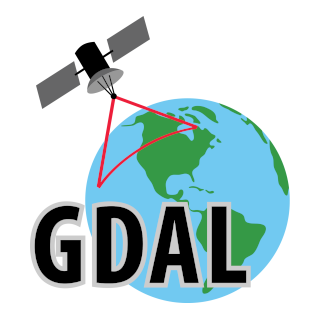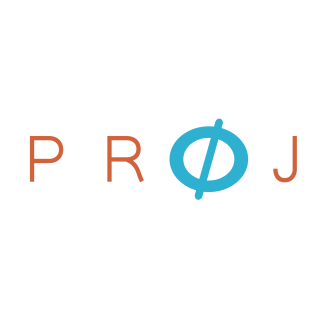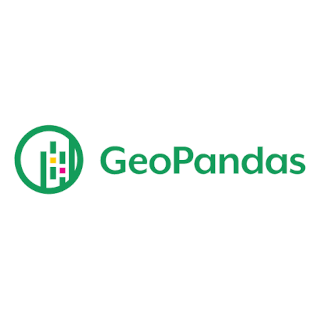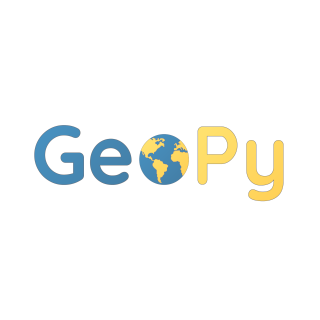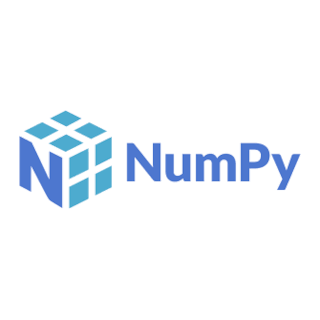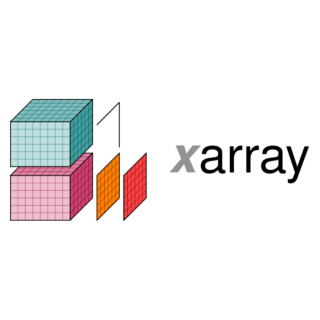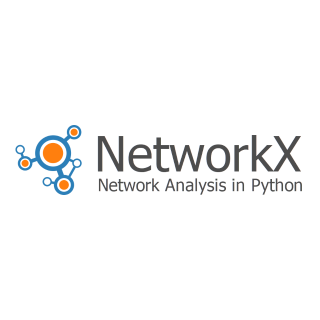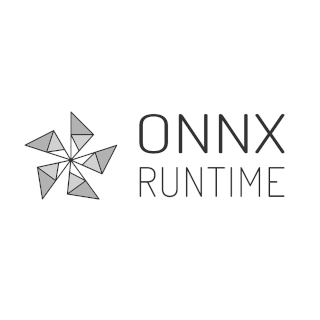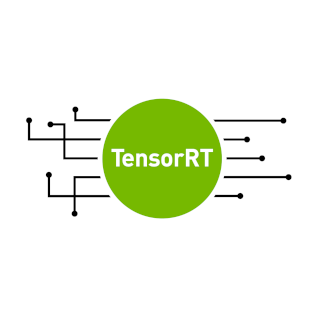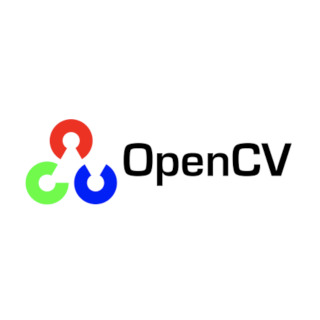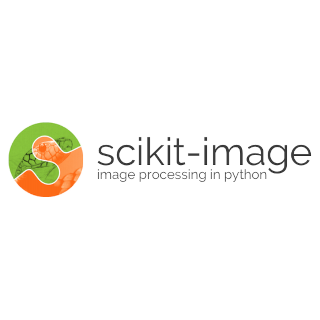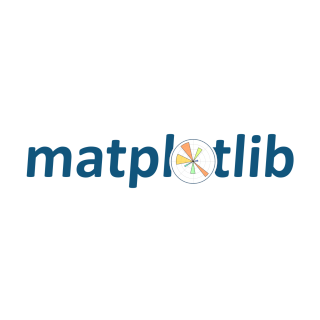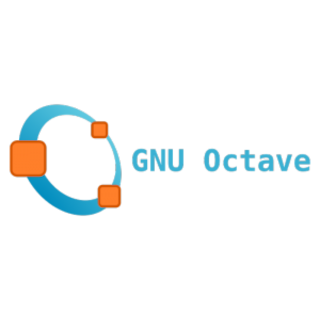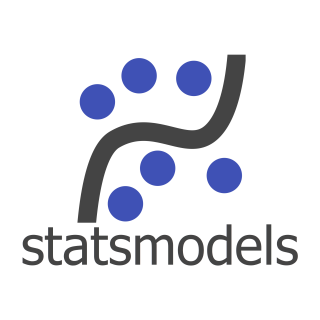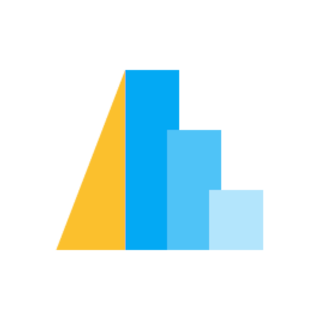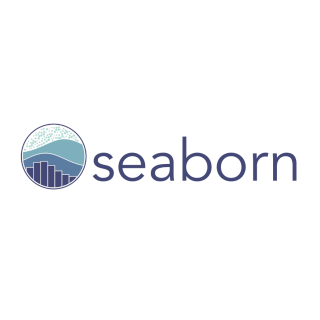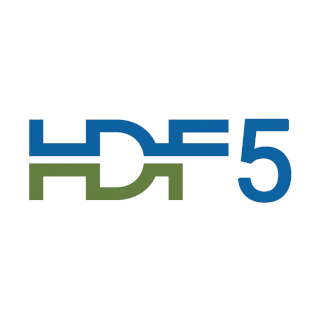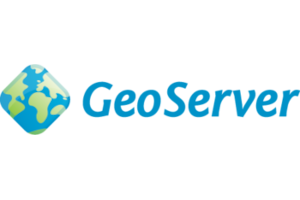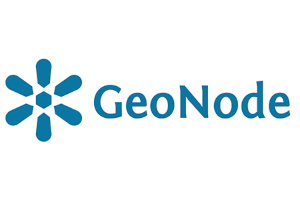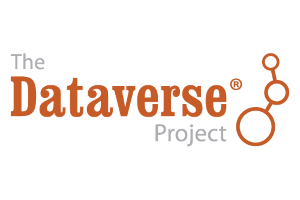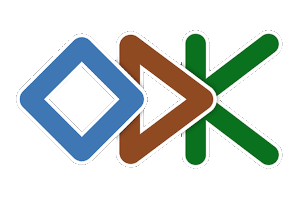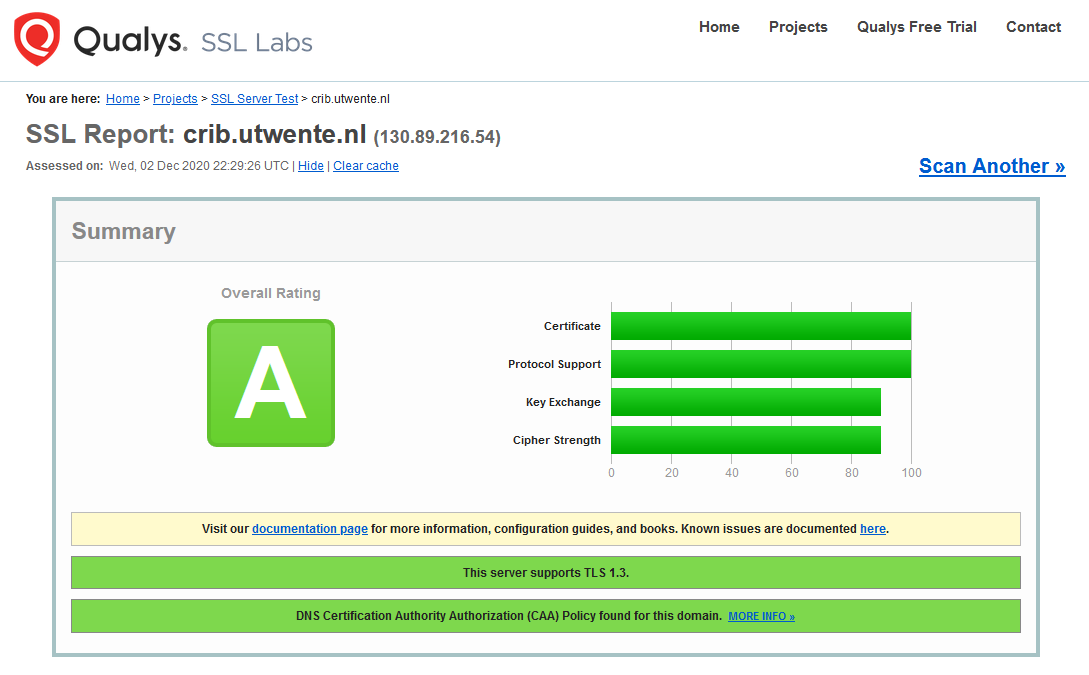How can I access to the platform?
You can access to the platform at https://platform.crib.utwente.nl/geospatial/ by using your personal University of Twente account (i.e., e-mail address and password).
Unless stated otherwise, all additional services (e.g. GeoServer, Gitea) can also be accessed in the same way. Each service may require you to sign in separately.
Is it secure?
Your connection to the platform is secure (i.e. encrypted) and has A rating from SSL Labs.
Your working environment is created on demand and isolated from the others which are active on the platform. Therefore, your assets (e.g. files, documents, images, etc.) are only accessible to you.
The platform uses University of Twente LDAP service to authenticate your credentials also through a secure connection and does not store your password.
How can I use the platform?
The default interface of the platform is JupyterLab, which enables you to work with interactive notebooks and documents through text and code editors, terminals, and other custom components (e.g. map widgets).
If you are new to JupyterLab (or Jupyter notebooks in general), a good starting point is its official documentation, which includes a detailed user guide. There is also a nice and short (~ 6 min.) introduction video available.
For specific components integrated to the platform (e.g. Code Server), please refer to their own documentation.
Which languages are supported by the platform?
The platform has kernels for Python, R, Go, Julia, Java, Scala, PHP, Ruby, Octave, dot, and gnuplot, which you can use in interactive notebooks. All these languages are also accessible through the terminal interface. By using the terminal you can also use C, C++, Fortran, Perl, and CUDA. Complete list of languages with versions are listed under public/platform folder on the platform.
Which libraries and packages are supported by the platform?
Complete list of system packages (including low-level libraries, e.g. OpenBLAS, ATLAS, PROJ, GDAL, etc.) and language-specific packages (e.g. Python and R packages) are listed under public/platform folder on the platform.
Why the latest version of xxx is not available?
We do our best to make the latest versions of software packages and libraries available. However, occasionally certain versions of the packages are not compatible to each other or not fully supported by the platform architecture (Linux / ARM v8.2a) - so we have to choose. If you are not happy with the selection please let us know.
Why xxx is not available?
We are trying to make widely-used software packages and libraries available with a special focus on geo-information and Earth observation. In fact, we did a survey to understand your needs and determined the list accordingly. We will periodically review this list and add more packages.
If the software package you need is not available on the platform (yet), the reasons could be:
- We may not be aware of it. Just contact us and tell us what you need. Most probably we can make it available quickly, especially if it is an open source software.
- It might be a package we are currently working on. Some packages have a long list of dependencies and they are difficult to setup, especially on a platform composed of special units (i.e. Jetson AGX Xavier) which are quite different from standard equipment (e.g. servers). Probably we solve all the issues and make it available soon.
- It might be a package that is not supported by the platform architecture (Linux / ARM v8.2a). Unfortunately such software packages exist (e.g. Microsoft Windows applications). But there might be some alternatives available and we can help you to find them if you contact us.
- It might be proprietary requiring a license. Currently we don't support such software packages, but this may change in the future. Please let us know if you need such software products.
Can I install software packages?
Sure. System-wide packages are protected, but you can install additional software packages to your workspace (i.e. home folder). For Python, you can use pip. For R, you can use install.package() command. Please contact us for other languages and low-level libraries.
